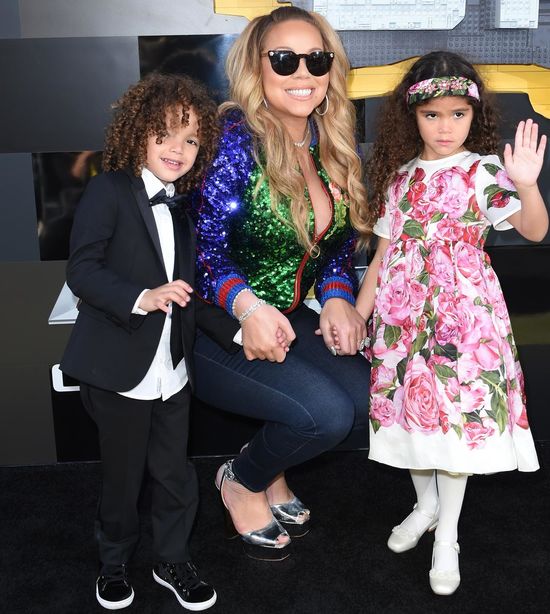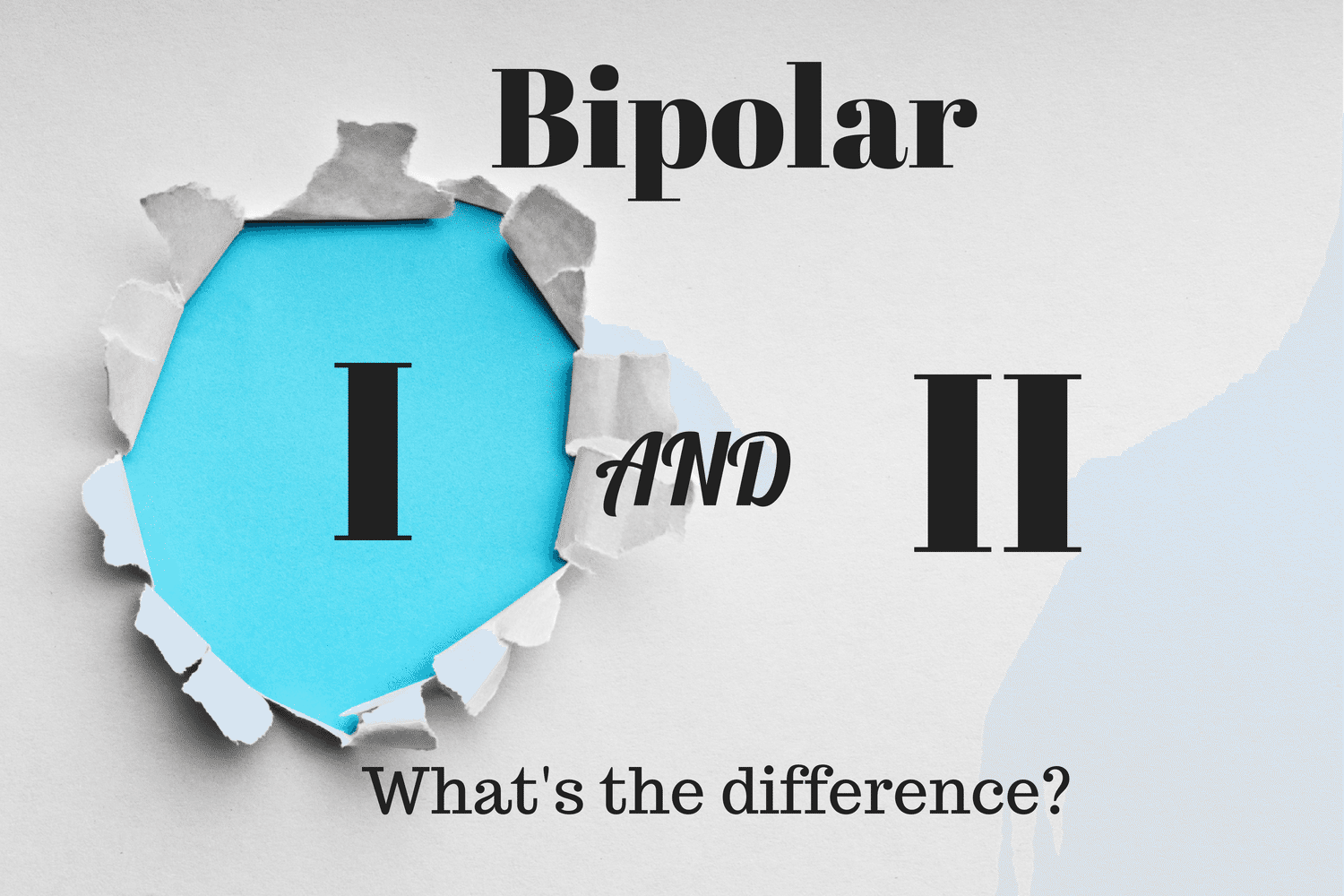Mariah Carey recently revealed that she is battling bipolar II disorder, saying she will not let it define or control her. One mom who shares her diagnosis explains what it’s like to parent with bipolar disorder—some days are much harder than others.

“Why are you crying,” my daughter asks—and for good reason. The sun is shining. The birds are chirping, and Jack Skellington is dancing across our TV.
He is singing songs about Christmas and Halloween.
Of course, I answer in the only way I know how: “I don’t know, baby. I don’t know.” Because I don’t. Not really. The tears caught me—as they often do—unaware and off guard. But deep down, I do know: I am cycling again.
I am slipping into another depressive episode.
You see, I am one of 5.7 million Americans who struggle with an illness (a mental illness) known as bipolar disorder, and while most days are good, some days are dark.
They are filled with manic highs and paralyzing lows, and today is one of “those days.”
I am drowning in the darkness, swallowed by sadness, solemness, moroseness, anguish, and despair.
Of course, it is on these days—my depressive days—that I find it hardest to parent. Thinking hurts. Breathing hurts. Being hurts, and parenting? It is a task I am not up to. I can barely care for myself, let alone another. So, on these days, I plop my daughter—my beautiful baby girl—in front of the television and let Sofia The First (and company) take the place of me while I sleep on the couch. While I cry on the couch. While I do everything I can to hold it together, on the couch. And then, when my husband gets home, I abandon all pretense and head to bed, where I sleep for hours.This Is What It’s Like to Mom With Bipolar Disorder
Where, were it not for my daughter, I would sleep for days.
But depression is more than apathy and lethargy. It is more than sadness, helplessness, hopelessness, and pain, and my depression makes it impossible to enjoy “the little things,” or anything.
I cannot tell you how much of my daughter’s life I have missed out on much because Mommy “was tired.”
Because Mommy was unable to feel or care.
The good news is that these episodes do not last forever. Eventually, my mood shifts. The depression lifts, and I level out. I experience a “normal” and healthy range of emotions. But this stable period only lasts so long. The depression can (and will) return. As will the mania—the other piece of this bipolar puzzle.
Make no mistake: on paper, mania looks good. It is a period marked by elation, euphoria, and increased energy. Of cockiness, confidence, creativity, and hyperactivity. And, when I am manic, I experience all of these symptoms and more: I am lively and energetic, outgoing and electric, and I dance wildly and sing loudly. I tell stories, play dress-up, and put on plays, and I am the mom I yearn to be.
I am the happy-go-lucky mom my daughter wants me to be.
But my manic periods are also filled with danger. I eat too little and drink too much. I have trouble focusing on any one task. I am anxious and angry and irritable to a fault. (Seriously. I have lost my shit over everything from spilled coffee to burnt toast.) And I spend impulsively, until I don’t.
Until I crash. Hard.
(And with bipolar II, my crash is always defined by depression. By long, deep, and dark downs.)
The good news is that, thanks to a series of medications—of uppers, downers, mood stabilizers, and “as needed” pills—most days I am good. I am okay. I am fine. But because my disorder is tricky and unpredictable, I never know when things may change.
Me—and my mood—can shift on a dime.
So how do I explain my bipolar disorder to my daughter? How do I help normalize my behavior to give her some sense of sanity and consistency? To keep her calm in the midst of my chaotic world? Well, I talk to her about my health. (My mental health.) I explain that, sometimes, Mommy doesn’t feel well. Mommy is sick. And I tell her that, no matter what version of Mommy she sees before her, I always love her. I always need her, and I always care about her.
Even when I am struggling.
Even when I am lying alone in my bed.
Is this enough? Maybe, maybe not. But I’m trying. Every day I’m trying. And, bipolar or not, I am a person first. A woman first. And a parent first, one who snuggles her daughter every morning and reads her stories every evening.
And for today, that is enough.
I may be bipolar, but I am enough.





